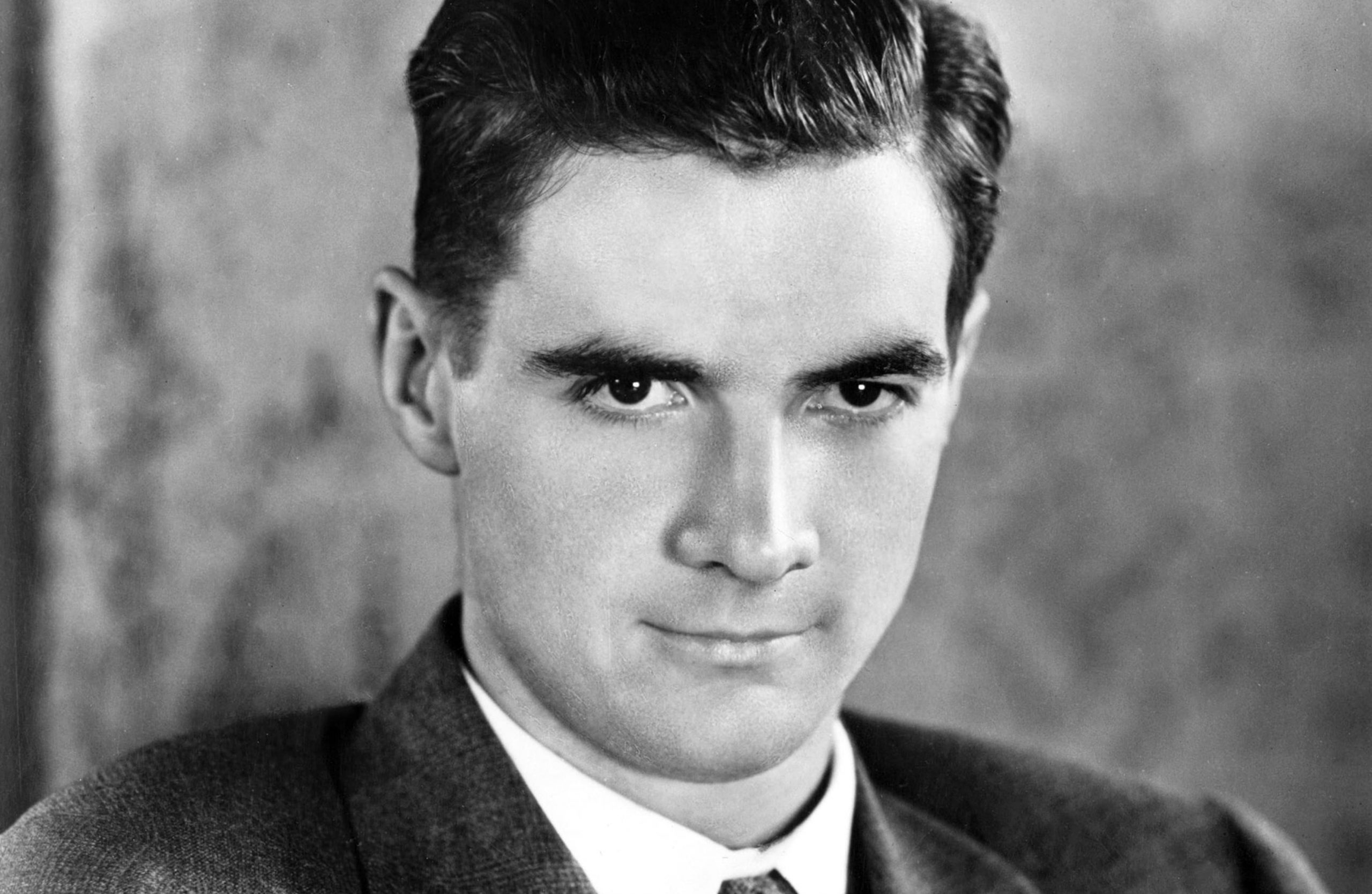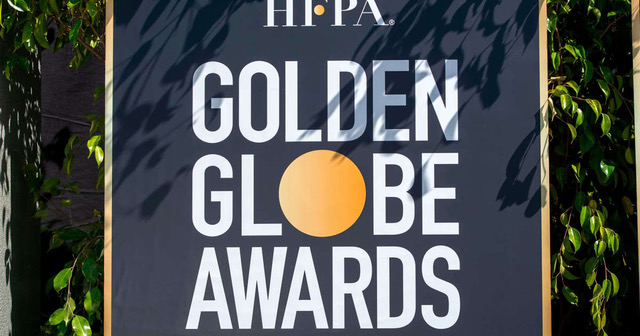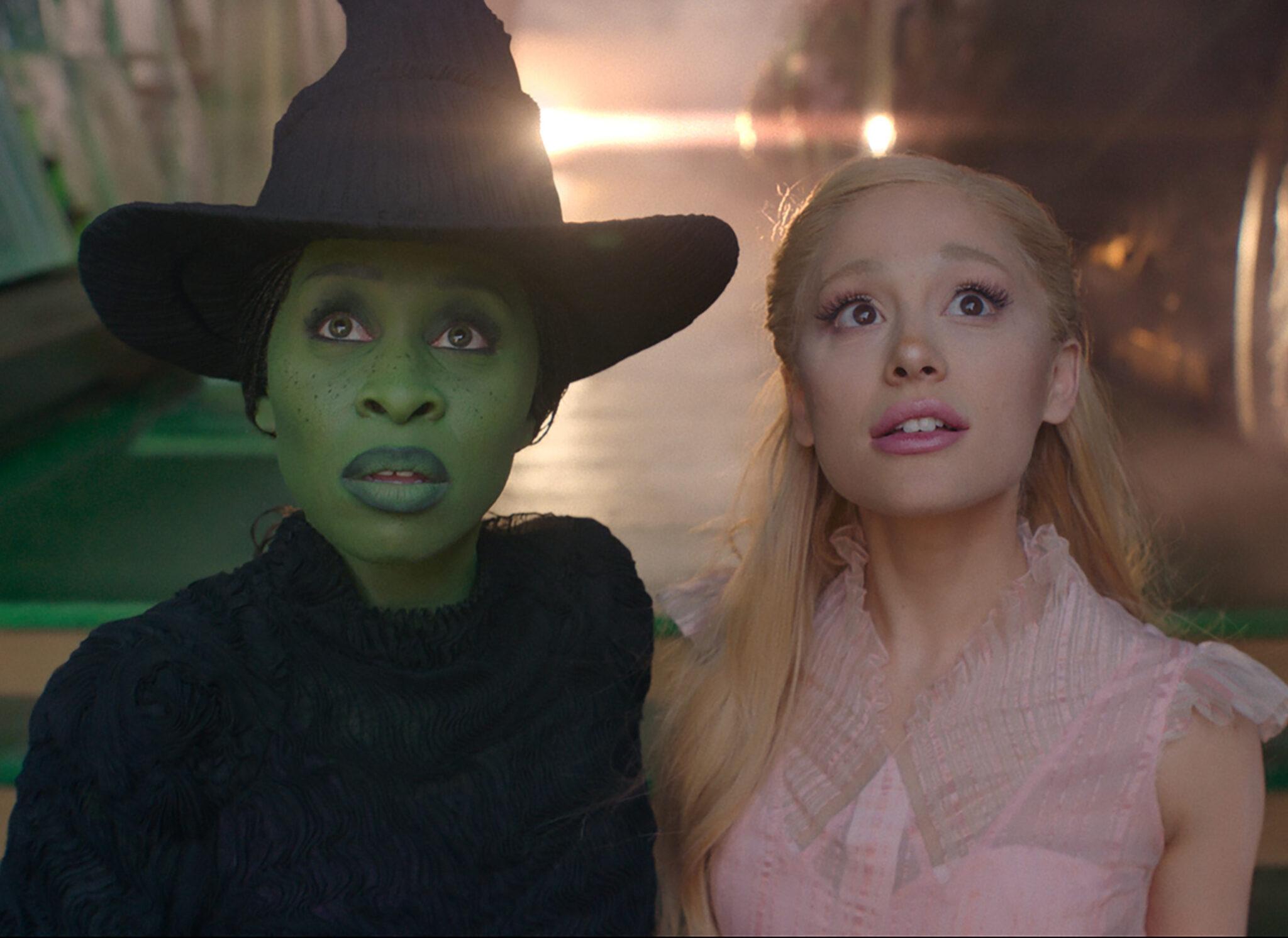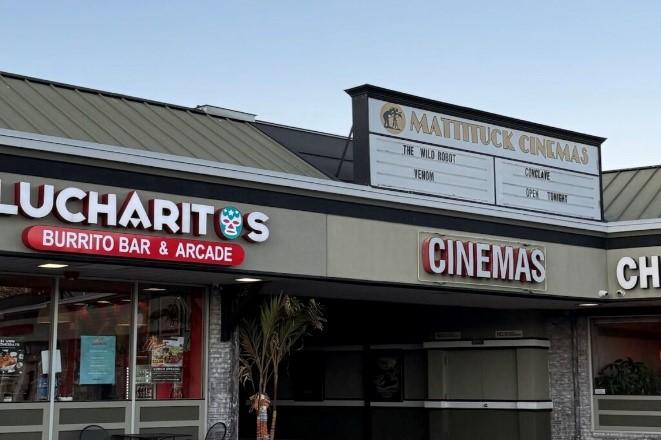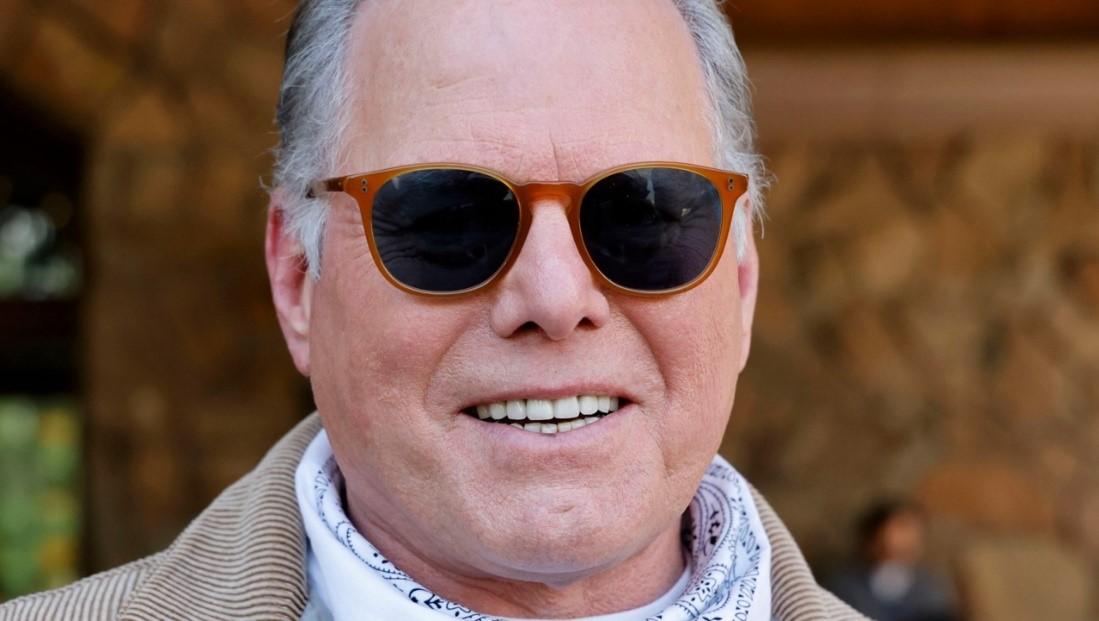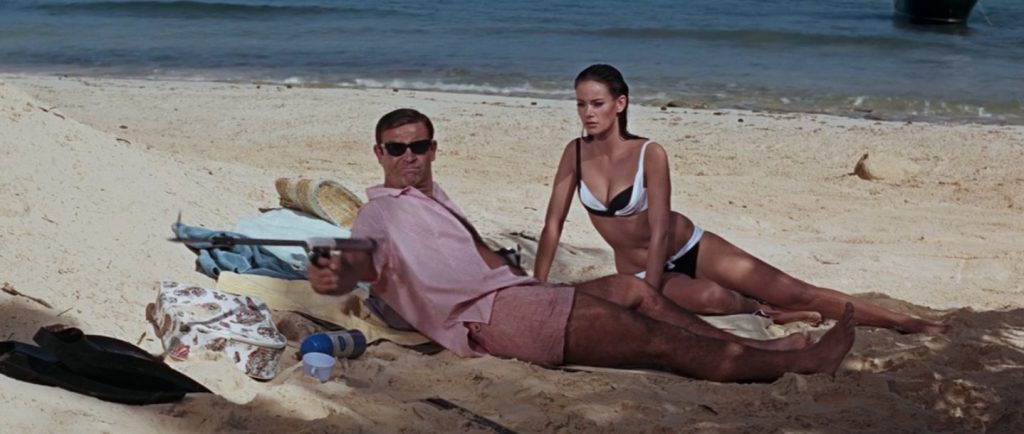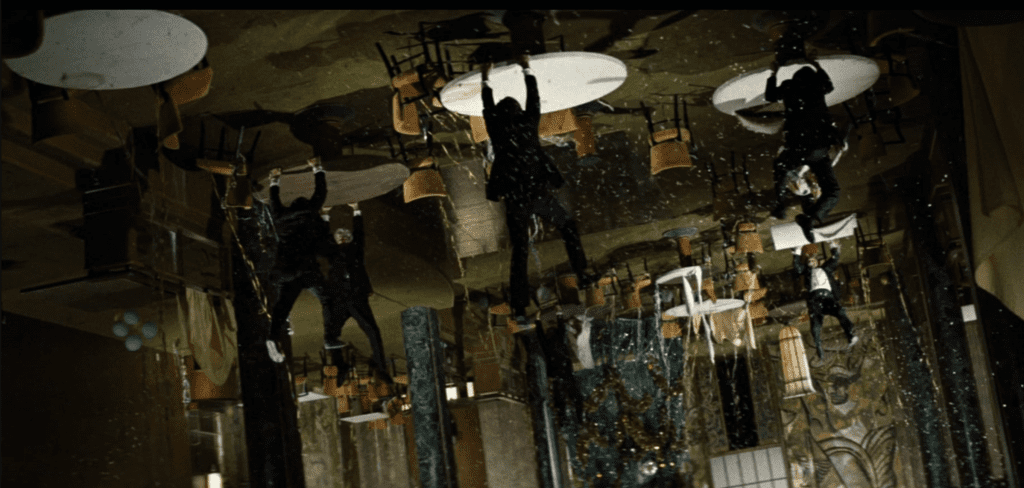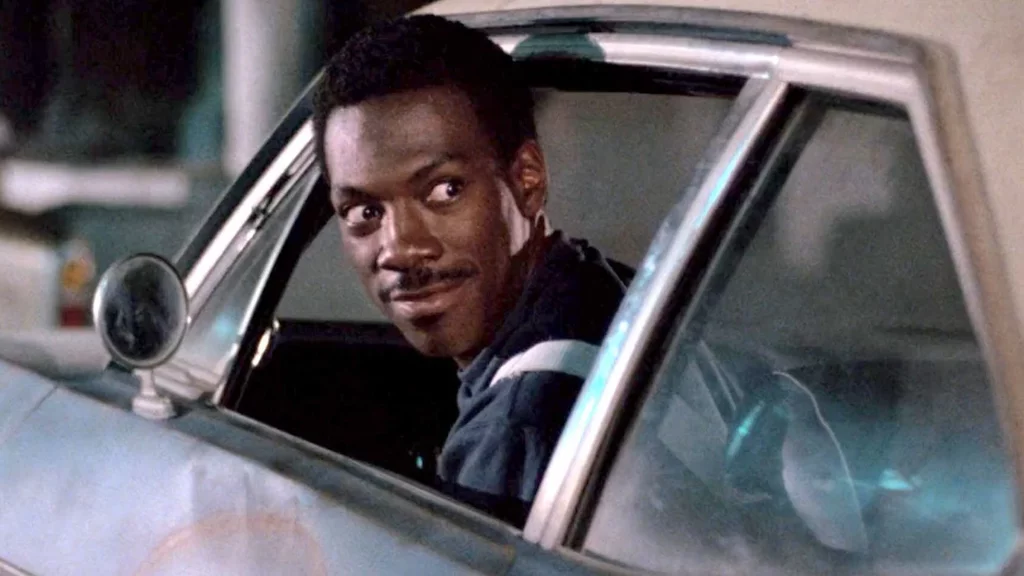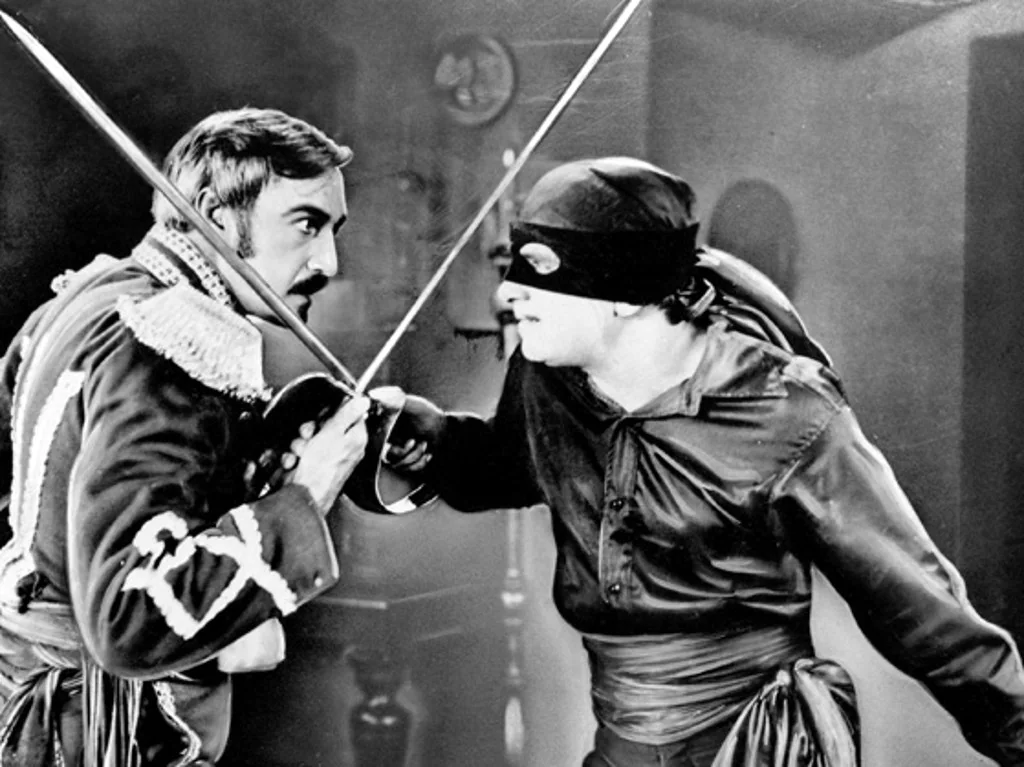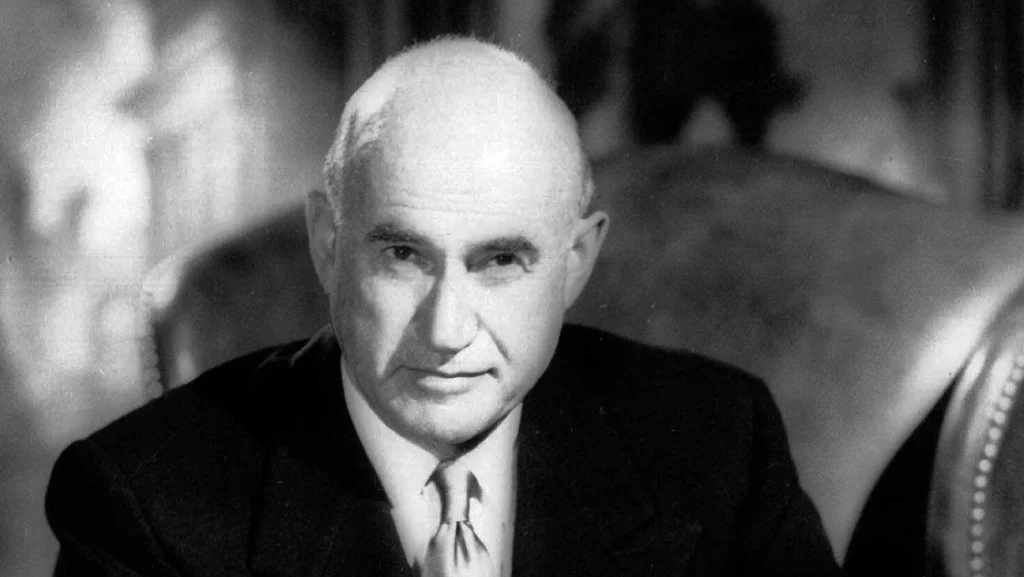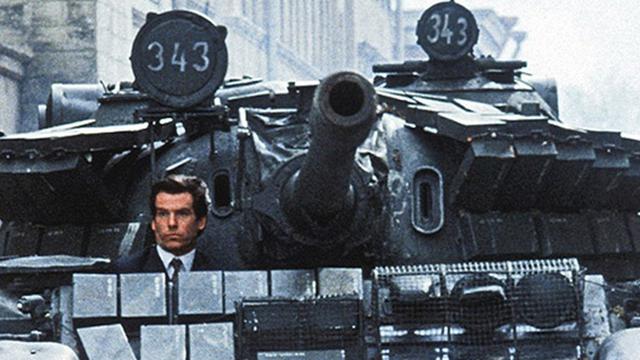Howard Hughes isn’t best remembered for being a movie mogul, but when he was born on Dec. 24, 1905, Hollywood was in his future.
The reclusive billionaire inherited his father’s machine tool company in 1923 and enjoyed great success in a range of businesses before his death in 1976. He launched Hughes Aircraft in 1932, setting world air-speed records, himself, during the ’30s & ’40s. In 1939, he acquired Trans World Airlines, expanding it into a major global carrier. In the ’60s & early ’70s, Hughes was a prime force in Las Vegas hotels & casinos, turning that small desert town into a world-class resort.
Hughes’ career in movies didn’t bring him the kind of success he achieved in aviation or hotels, but he did direct two hits — the 1930 war drama HELL’S ANGELS, starring Jean Harlow; and the 1943 western THE OUTLAW, starring Jane Russell.
In May 1948, he made his big move into Hollywood, taking control of RKO Radio Pictures & RKO Theatres by purchasing 929,000 shares of stock from Floyd Odlum’s Atlas Corp. for $8.8 million. The change in ownership put RKO in a tailspin. By July, production chief Dore Schary had quit, unable to work with Hughes, who was known for calling employees at 2 or 3 in the morning. Hughes laid off about 75% of RKO’s employees and slashed production to cut costs.
One of the films he scrapped was the drama THE ROBE, RKO’s most expensive project. It ended up at 20th Century-Fox, wherein in 1953 it was the first movie released in the widescreen process CinemaScope. THE ROBE was made on a then-expensive $5 million budget, but it grossed $36 million and was exactly the kind of hit RKO needed.
Hughes put RKO on the road to disaster. By January 1957 it stopped making movies. Nonetheless, Hughes profited handsomely from controlling RKO. A 1952 sale of his stock brought him a deposit for $1.25 million from a Chicago syndicate that soon afterward was exposed for its racketeering connections. The deal fell apart — but their deposit was forfeited. In 1954, Hughes offered to purchase all outstanding RKO shares for about $23.5 million, which would have let him apply RKO’s losses to reduce taxes payable by his profitable businesses.
When that offer failed, Hughes sold RKO Radio Pictures for $25 million to General Tire & Rubber, which needed movies to show on TV stations it owned. Although that was the death knell for RKO, Hughes did very well for himself — reportedly enjoying a $6.5 million profit.

